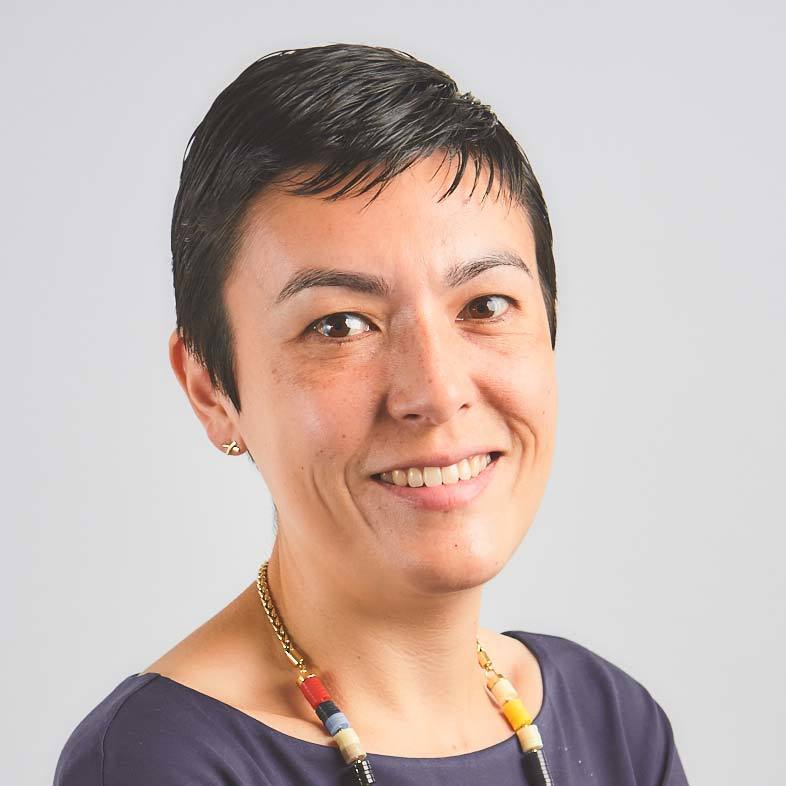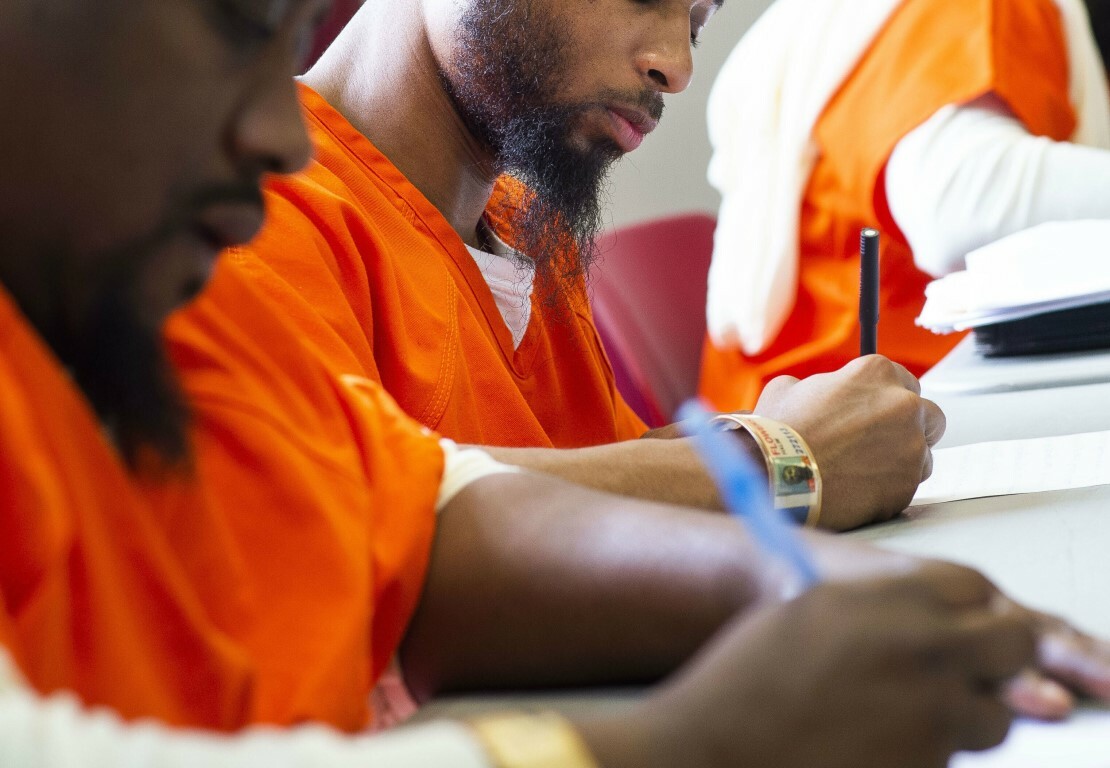College In Prison
Overview
In 2016, the U.S. Department of Education announced the Second Chance Pell Experimental Site Initiative (ESI) to test new models to allow incarcerated Americans to receive Pell Grants and pursue postsecondary education and training with the goal of helping them get jobs, support their families, and turn their lives around. Vera was selected by the U.S. Department of Justice, Bureau of Justice Assistance to provide implementation support to the selected sites.
Under the ESI, the Secretary has authority to grant waivers from certain Title IV Higher Education Act (HEA) statutory or regulatory requirements to allow a limited number of institutions to participate in experiments to test alternative methods for administering the Title IV HEA programs. Second Chance Pell will allow participating institutions of higher education (IHE), in partnership with one or more Federal or State penal institutions, to provide Federal Pell Grant funding to otherwise eligible students who are incarcerated and who are eligible for release back into the community, particularly those who are likely to be released within five years of enrollment in the program.
The initiative will do the following:
- Test whether participation in high-quality educational opportunities increases after access to financial aid for incarcerated adults is expanded
- Examine how waiving the restriction on providing Pell Grants to individuals incarcerated in Federal or State penal institutions influences academic and life outcomes and
- Facilitate efforts by institutions to test certain innovative practices aimed at improving student outcomes and the delivery of services.
This map depicts the selected college-prison partnerships.


